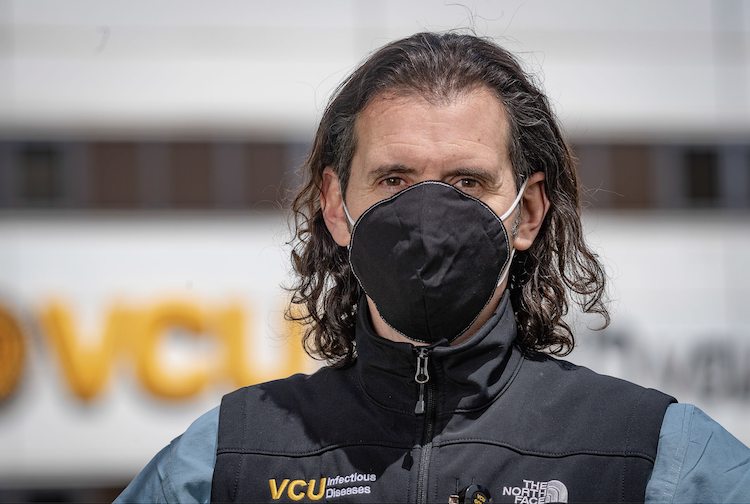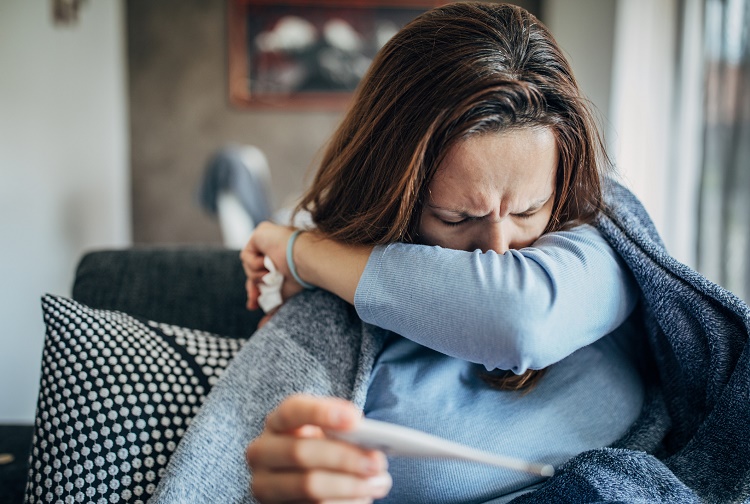
Update: Expert answers to new questions about COVID-19
August 27, 2020
Much has changed since COVID-19 began impacting our community. Want to know where we stand now with COVID-19? From treatments to vaccines, Dr. Gonzalo Bearman, infectious disease expert at VCU Health, answers your latest questions about COVID-19.
What do we know about COVID-19 now that we didn’t know before?
Since the onset of the pandemic, we have learned a lot about what we can do to avoid passing the virus on to others. We now know the importance of social distancing and wearing face masks.
We have also found two treatments for COVID-19, Dexamethasone and Remdesivir. Dexamethasone is a steroid that helps your immune system fight the virus. Remdesivir is an anti-virus medication that helps prevent the virus from multiplying.
How well is Virginia doing in slowing the spread of COVID-19?
Even though Virginia’s rate of community transmission is less than that in other states like Florida and Texas, we still have a significant degree of community transmission. It takes changes in behavior to further prevent the spread of COVID-19.
It is important that Virginians continue to take measures to prevent the spread of COVID-19. These include avoiding crowded environments, maintaining a social distance, wearing a face mask, washing your hands, and when you are not feeling well, staying away from others and getting tested.
Are there different strains of COVID-19? Do some strains come with severe symptoms, while other strains have mild to no symptoms?
The particulars of symptoms and strains are not well understood. It is likely a combination of the patient and the strain of virus.
How do symptoms or treatments change if you are reinfected?
As of this week, there is only one reported case of reinfection, in Hong Kong. So we don’t know much about reinfection at this time.
I know wearing a mask protects the people around me. Does wearing a mask also protect me?
Wearing a mask protects both you and those around you. This is a proven measure to prevent the spread of COVID-19.
When should you get an antibody test? What does it mean if I have antibodies?
At this time, we don’t know much about how antibodies keep people immune to the virus. Antibody testing is generally not recommended unless it is part of a surveillance study by a health system or department of health. It is more important for you to get tested for active COVID-19 if you have symptoms.
Can you explain how convalescent plasma works to treat COVID-19?
Convalescent plasma takes antibodies from recovered donors and transfers them to a patient actively infected with COVID-19. These proteins may help fight off infection by decreasing the severity of the disease. There is still much more to learn about this treatment.
When do you think we will realistically have a vaccine or other way to prevent COVID-19 available to many people?
The development of a safe, effective vaccine will likely take an additional 6-12 months. This includes the time it takes to ramp up production of the vaccine.
Find the answers to other common COVID-19 questions here. To check for COVID-19 symptoms, visit our symptom tracker.



